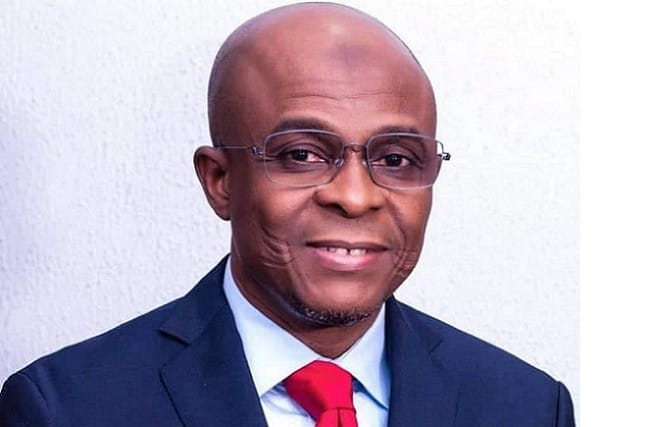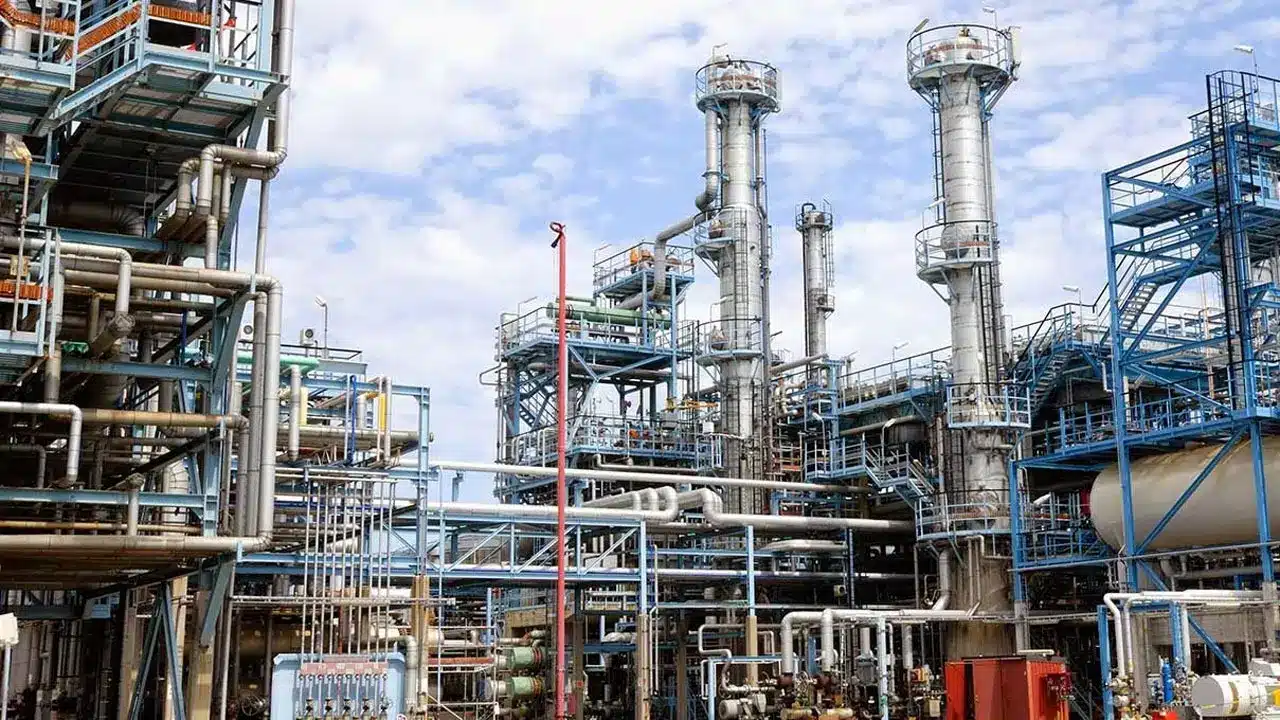President Bola Tinubu recently ordered the Federal Road Safety Corps (FRSC) to scale up its monitoring of the highways and reduce road accidents across the country. This was in response to the death of 40 members of the Tijjaniyya Movement in Nigeria and several others injured in an auto crash.
The victims were on their way from Kwandari in Plateau State to a Maulud Nabiy celebratory event in Saminaka, Kaduna State when their bus collided with a truck at Lere town, Kaduna State.
That accident was not an isolated case, as a similar one occurred on November 12 this year; at least 10 people were reported dead, and one was hospitalised after an accident in Yanfari village, Taura Local Government Area of Jigawa State.
The state Police Public Relations Officer, DSP Lawan Shi’isu Adam, said the accident occurred when a Toyota Hummer bus en route to Hadejia from Kano, hit a parked trailer and somersaulted.
Also recently, at least, 15 persons were confirmed dead and 13 sustained various degrees of injuries in a road crash on Funtua-Gusau road, in Funtua, Katsina State.
Still, in the month of November, another terrific accident claimed the lives of a middle-aged woman and her two children after the bus they were travelling in caught fire near Manderegi village along the Abuja-Lokoja highway.
Meanwhile, these reported road fatalities in November were not captured among the figures announced by the FRSC that about 3,767 people lost their lives in 7,011 road traffic crashes (RTC), across Nigeria between January and September 2024.
At the launch of the 2024 Road Traffic Crash Victims Remembrance Week, the Corps Marshal of FRSC, Shehu Mohammed, revealed that 22,373 individuals sustained various injuries during the same period.
He said Nigeria, as the most populous country in Africa, bears significant consequences of road traffic crashes due to its large population.
Instructively, the World Health Organisation (WHO) Global Status Report on Road Safety 2023 indicate that Africa is the most affected by road crashes, with a traffic fatality rate of 19.5 deaths per 100,000 people compared to 16 deaths per 100,000 in Southeast Asia and 6.5 deaths per 100,000 in Europe.
It said that road crashes are also the world’s leading cause of death for children and young adults aged 5-29 years and from a continent with the youngest population in the world, with 70 percent of sub-Saharan Africa under the age of 30, this demonstrates the magnitude of the challenge.
As a newspaper, we know that road traffic injuries cause considerable economic losses to individuals, their families, and to nations as a whole. These losses arise from the cost of treatment as well as lost productivity for those killed or disabled by their injuries, and for family members who need to take time off work or school to care for the injured.
Beyond the human tragedy, road crashes also slow down a country’s development, costing, on average, 4-5 percent of Gross Domestic Product (GDP), and in Africa, the percentage could be higher.
We recall that in September 2021, the United Nations General Assembly adopted a resolution proclaiming the Second Decade of Action for Road Safety 2021-2030, with the ambitious target of preventing at least 50 per cent of road traffic deaths and injuries by 2030.
The United Nations Secretary-General’s Special Envoy for Road Safety, Jean Todt, highlighted that road safety targets are integral to the Sustainable Development Goal (SDG) agenda as SDG 3.6 aims to halve road traffic deaths and injuries by 2030, while SDG 11.2 focuses on providing access to safe, affordable, accessible, and sustainable transport systems and improving road safety for all.
Furthermore, he stated that road safety is essential to achieving the goals related to health, climate change, infrastructure and cities, education, gender equality, decent work, and economic growth. For example, with SDG 4, safer roads mean more children and young people will have secure access to quality education.
This newspaper is all too aware of the dangers lurking on the roads, especially during the “ember” months. Most drivers throw caution to the wind because they want to make as many trips as possible to make more money, notwithstanding the high vehicular movement during festivities.
Unsafe road infrastructure, poorly maintained vehicles, inadequate post-crash care, and inadequate traffic law enforcement are the most contributory factors to road accidents.
Reinforcing what the WHO said, road traffic injuries can be prevented because, without sustained action, road traffic crashes are predicted to become the seventh leading cause of death by 2030.
Governments must take drastic action to address road safety holistically, requiring involvement from multiple sectors, such as transport, police, health, and education.
We recall that last month, during the mental health awareness day, it was reported that a bill to compel road transport workers across the country to undergo drug tests periodically was before the President, awaiting his assent.
In view of the mounting magnitude of road crashes across the country and in the best interest of Nigerians, President Tinubu should consider, urgently, signing it into law.

 1 hour ago
1
1 hour ago
1









![[Just In] PH Refinery: Nigerians Deserve Clarity, Reduction In Petrol Prices – Peter Obi To NNPC](https://www.naijanews.com/wp-content/uploads/2024/10/jigawa4-768x576-1.jpeg)





 English (US) ·
English (US) ·